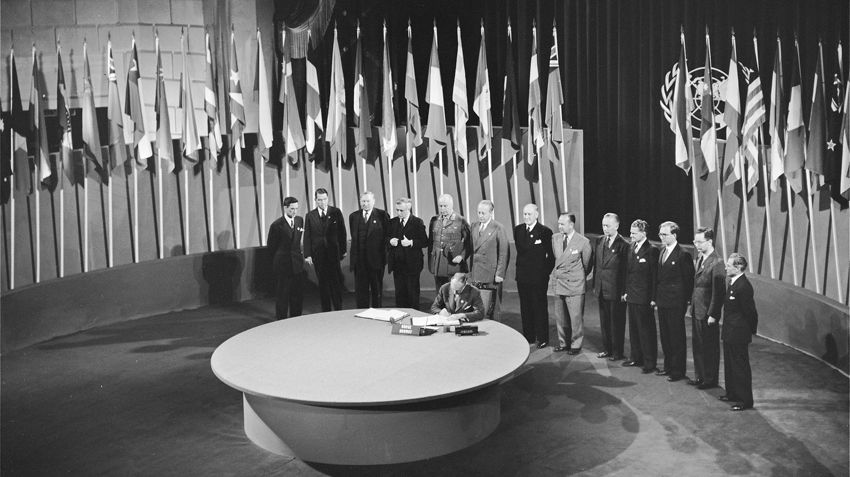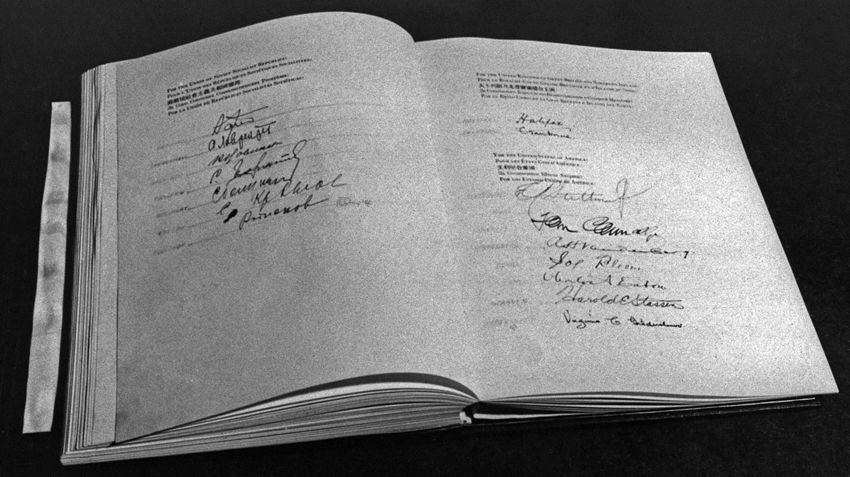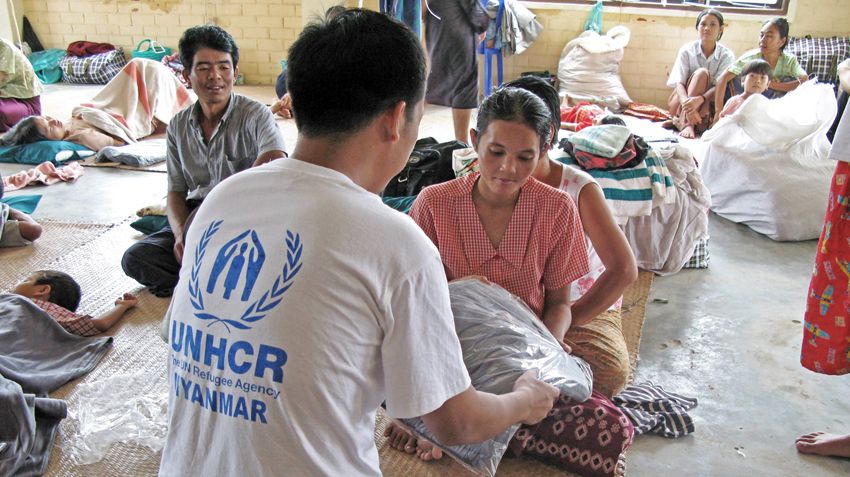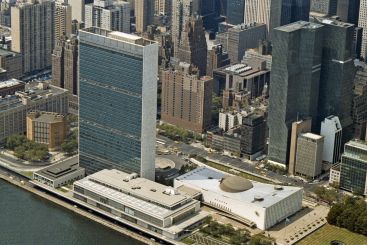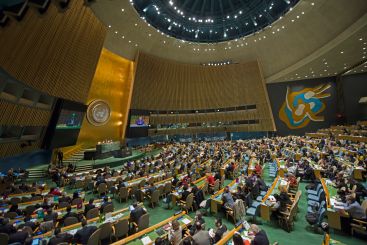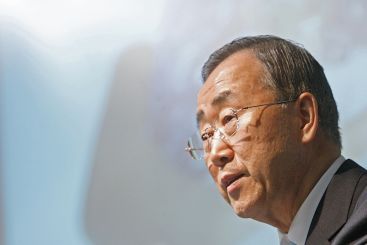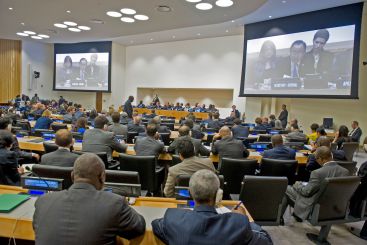About the UN
Overview
The United Nations is an international organization founded in 1945. It is currently made up of 193 Member States. The mission and work of the United Nations are guided by the purposes and principles contained in its founding Charter.
Member States
Each of the 193 Member States of the United Nations is a member of the General Assembly. States are admitted to membership in the UN by a decision of the General Assembly upon the recommendation of the Security Council.
Main Organs
The main organs of the UN are the General Assembly, the Security Council, the Economic and Social Council, the Trusteeship Council, the International Court of Justice, and the UN Secretariat. All were established in 1945 when the UN was founded.
Leadership
The Secretary-General of the United Nations is a symbol of the Organization's ideals and a spokesman for the interests of the world's peoples, in particular the poor and vulnerable. The current Secretary-General of the UN, and the eighth occupant of the post, is Mr. Ban Ki-moon of the Republic of Korea, who took office on 1 January 2007. The UN Charter describes the Secretary-General as "chief administrative officer" of the Organization.
Secretariat
The Secretariat, one of the main organs of the UN, is organized along departmental lines, with each department or office having a distinct area of action and responsibility. Offices and departments coordinate with each other to ensure cohesion as they carry out the day to day work of the Organization in offices and duty stations around the world. At the head of the United Nations Secretariat is the Secretary-General.
Funds, Programmes, Specialized Agencies and Others
The UN system, also known unofficially as the "UN family", is made up of the UN itself and many affiliated programmes, funds, and specialized agencies, all with their own membership, leadership, and budget. The programmes and funds are financed through voluntary rather than assessed contributions. The Specialized Agencies are independent international organizations funded by both voluntary and assessed contributions.



